
The HVAC company will assess the building's requirements, including the size, layout, insulation, and usage patterns. They will consider factors such as climate, local regulations, and the client's preferences to determine the most suitable system.
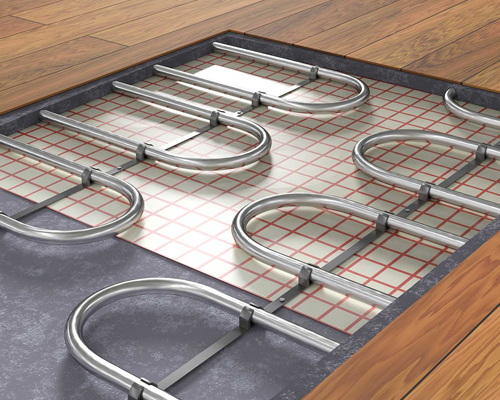
Based on the assessment, the HVAC company will design a customized system that meets the building's heating and cooling needs. This includes selecting the appropriate equipment, such as furnaces, air conditioners, heat pumps, ductwork, thermostats, and ventilation components.
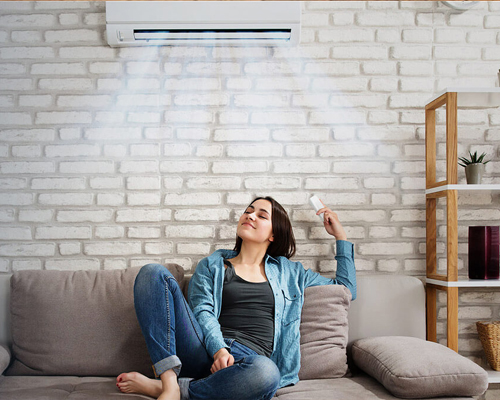
The HVAC company will help the client choose the right equipment based on factors like energy efficiency, capacity, noise levels, and budget. They may recommend energy-efficient models that can save on utility costs and have a minimal environmental impact.
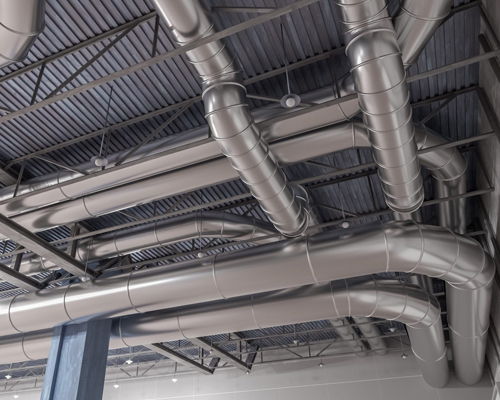
For central heating and cooling systems, the installation involves setting up ductwork to distribute conditioned air throughout the building. This includes sizing and positioning the ducts, installing registers or vents in each room, and ensuring proper sealing to minimize air leaks.
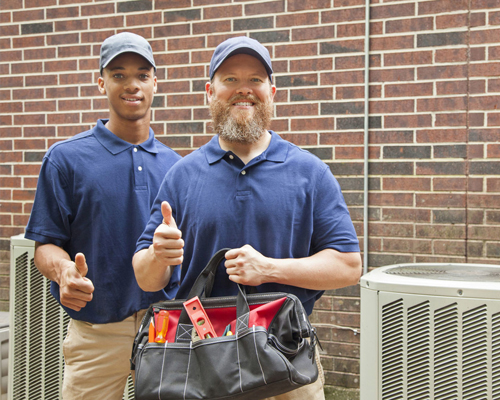
The HVAC technicians will install the selected equipment, including the furnace, air conditioner, heat pump, or other components. They will connect the units to the electrical system, gas lines (if applicable), and thermostat for proper functioning.
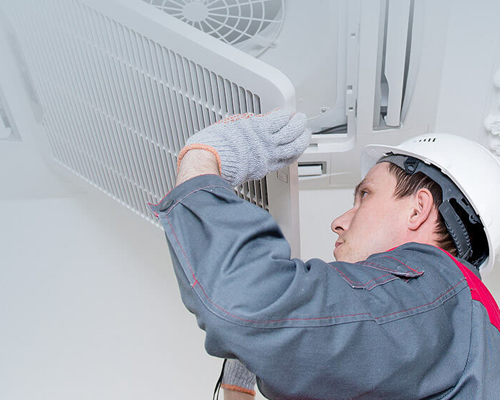
In addition to heating and cooling, the HVAC system also includes ventilation components such as exhaust fans, fresh air intakes, and air filters. These are installed to maintain indoor air quality and remove stale air or pollutants.
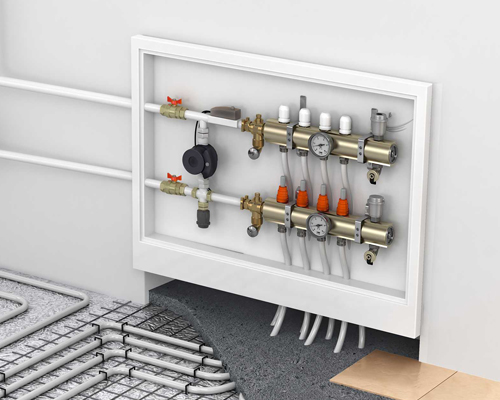
The technicians will wire the HVAC system, ensuring proper connections between the equipment, thermostat, and control panels. They will configure the controls, including programming temperature settings and enabling any desired features like programmable schedules or smart home integration.
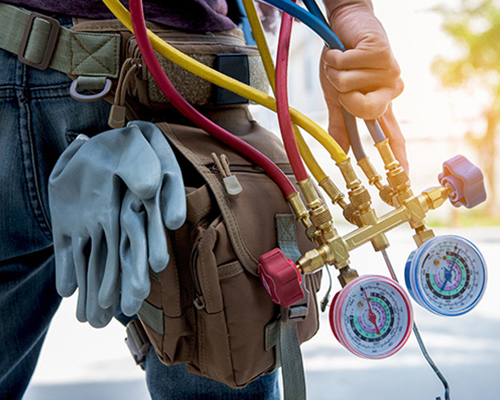
After installation, the HVAC system will undergo thorough testing to ensure all components are working correctly. The technicians will check for proper airflow, refrigerant levels, electrical connections, and overall system performance. They will make necessary adjustments and fine-tuning as needed.
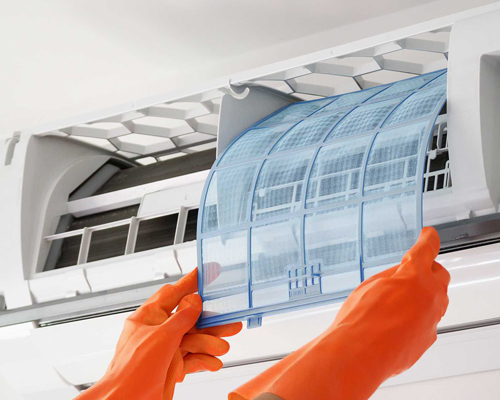
Once the installation is complete, the HVAC company will provide the client with an orientation on how to operate and maintain the system effectively. They will explain how to adjust settings, change filters, and schedule regular maintenance to maximize performance and longevity.
Copyright 2023 ©Aaaamazing Air - All rights Reserved.